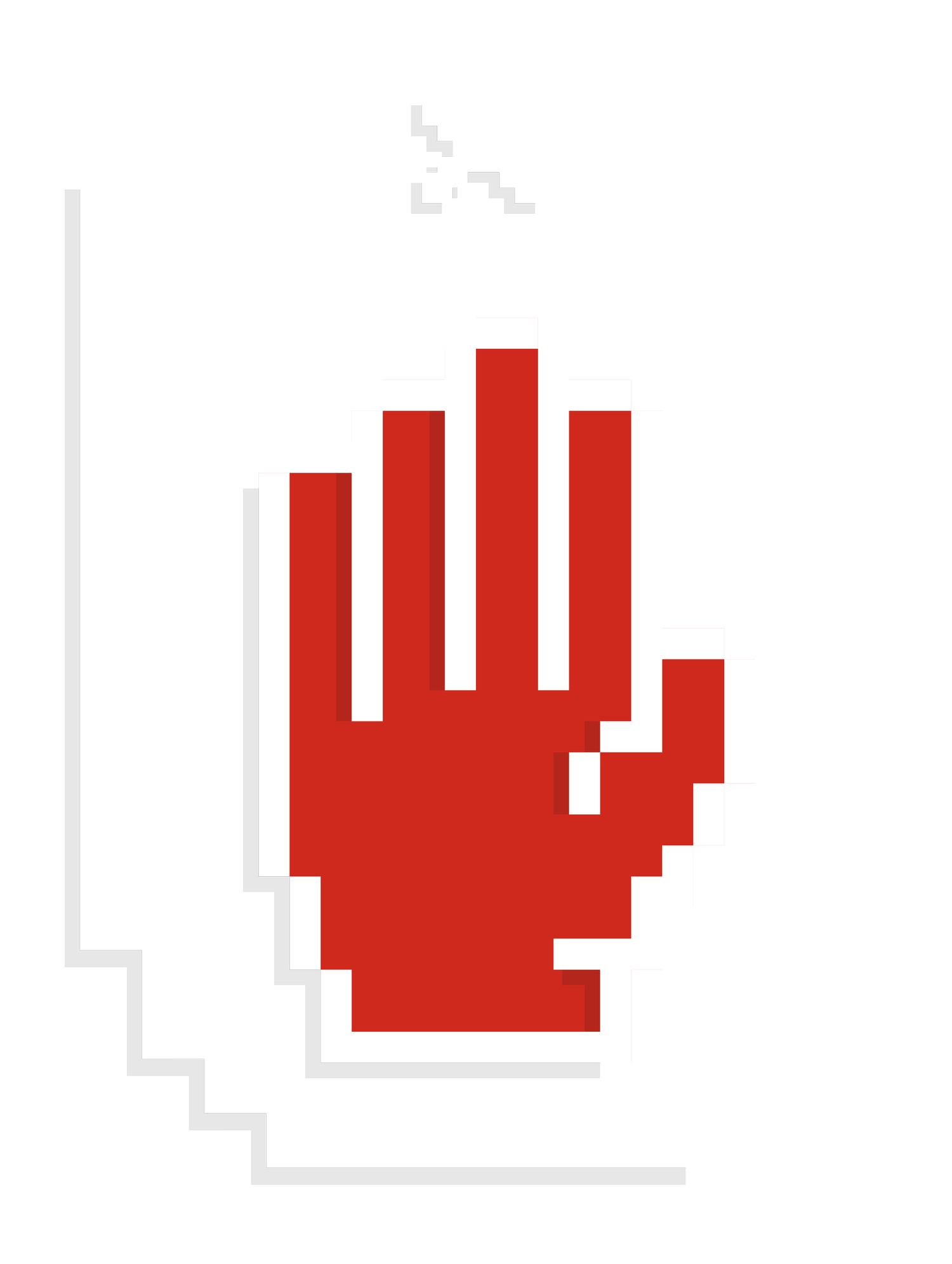What We Learned From Scarlets v Ulster
For neutrals and fans alike, it was wholly entertaining and exciting encounter to behold, with 12 tries and total of 94 points between the two. They may have conceded almost 40, but Ulster scored over 55 as they leave Llanelli with another bonus point to sit atop the URC table two rounds in.
Tries are inevitable
Plenty of words can describe Ulster’s attacking play. Hard, direct, fast, narrow, for example. The most accurate of all words, however, may just be inevitable. It’s easy to be overwhelmingly positive about Ulster, especially given this is of course an Ulster-focused site, but this game, the first half in particular, highlighted the relentlessness of Ulster’s ball in hand play when they’re on form.
There were tip-on passes and offloads aplenty, but none, if any, were wasteful. And each tricky offload and catch were performed with such skill to make it look easy.
Whilst Scarlets, with what few chances they had, hit Ulster wide and fast to score with brevity. Ulster were quick, slick, and attacked straight. Strong carries from the likes of Stuart McCloskey and Rob Herring intersected with incisive running lines from Mike Lowry from 15.
To call this a fast-paced match is an understatement, and one wondered if Ulster could match their first-half intensity throughout the match. To their credit, they pretty much did. It’s clear that fitness has been worked on, and majorly improved. Cooney put in a man of the match performance as he contributed 30-points, playing the full 80. Rob Herring, on his return to provincial rugby, put in a shift full of grit and graft as he saw out the entirety of the game.
It has its downsides, of course…
Surely no one in Parc Y Scarlets, or watching at home, envisioned Scarlets taking the lead after Ulster dominated and bruised the Welsh side for the opening 15 minutes. In that time, Ulster had been forced to make a measly nine tackles – a symptom of Scarlets’ lack of ball, rather than Ulster’s defensive performance.
As was just prefaced, Ulster are a relentless attacking outfit. Exciting 15-man rugby filled with strong carries, smart offloads, and carving runs. But as with everything in this world, you can’t have the good without the bad. And Scarlets, despite losing by 16-points in the end, took advantage of the bad all too well when they had the chance.
For 15 minutes it was all Ulster. Once the Scarlets finally had some sort of possession and ball in hand, they troubled and broke through Ulster’s line with ease. They counter-attacked with pace and targeted the wide channels. They created mismatches and exploited them. Scarlets are a dangerous team with the ball against the run of play, and not many teams will put almost 40-points on the board in a losing effort. But for the sake of being picky, how Ulster handle their transition of attack to defence is an area that needs improving.
Did Ulster make it hard for themselves?
It feels silly to say, considering Ulster went on to score over 50 points, but it is perhaps important to imagine how the game might have gone if Sam Costelow had not been given a (justified) yellow card for his in-air tackle on Aaron Sexton. In the 10 minutes preceding the carding, Scarlets had torn the reins of the game out of Ulster’s fists and had stolen momentum, scoring 15 points in the process. They looked set to add another seven onto that, if not for Marcus Rea’s superb turnover of his own try line, from which Cooney’s subsequent box kick Costelow’s carding emerged.
From then on, Scarlets played in chances as Ulster sought to control the game – but never fully could. Look, at the end of the day, Ulster scored 50-points in a bonus point win. There’s not much you can complain about with that. But…there’s always something you can complain about.
As Scarlets threatened to sink and allow Ulster to see out the game numerous times, Ulster seemingly decided to throw a lifesaver after lifesaver into the water and pull the Welsh side to safety. Control of the game was right there in front of Ulster, but key errors and penalties from the away side kept the game on a knife edge. The Ulster mistakes and penalties seemed to come in waves, Cooney’s box kick out on the full and penalty miss in the final 10 minutes, for example.
Speaking of Cooney…
The scrum-half was phenomenal, it has to be said. He ran, kicked, jinked, and controlled his backline and forwards superbly for 80 minutes. He was heads and shoulders above his opposite nines Gareth Davies and Kieran Hardy. Not to mention his points haul of 30 made him a more-than worthy contender for man of the match.
The individual applause shouldn’t stop at Cooney, of course. Stuart McCloskey carried with rampaging fury, even putting venerable Jonathan Davies on the floor early into the first half. Marcus Rea too made things happen, blending his carrying with breakdown work as the engine that drove Ulster’s pack.
Leinster won’t look at the 55-points, they’ll look at the 39.
Oh, it’s all too tempting to end this on a positive note. But this isn’t said with negativity in mind, rather nuance – looking ahead to Leinster’s visit to the Kingspan next Friday.
Leinster know the attacking proficiency that Ulster possess – everyone does. But you’ll wager that Leo Cullen may be licking his lips today as Scarlets pulled Ulster apart with counter attacks and pushed them over in the maul twice, scoring 39 points in the process.
Rhys Jones












